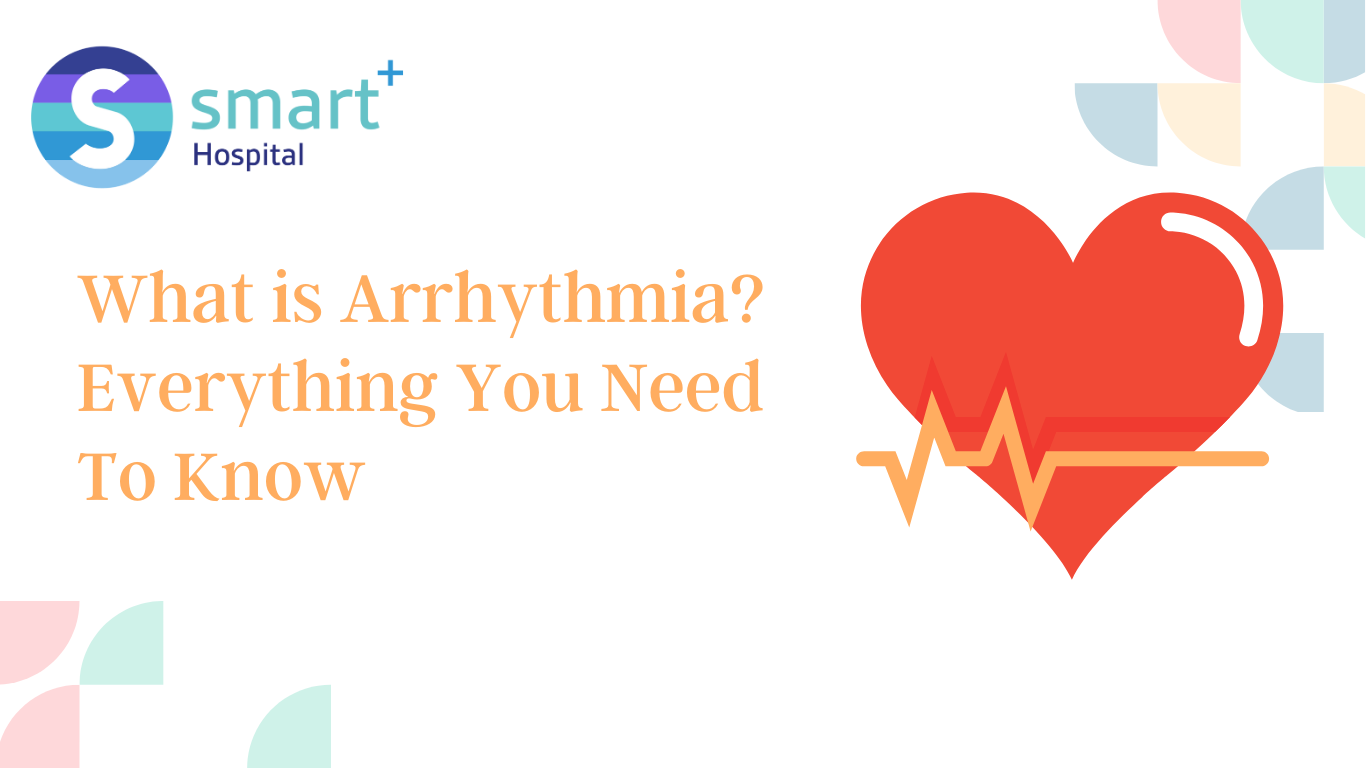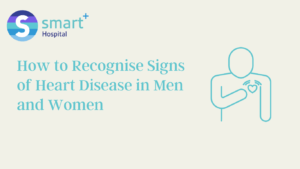Arrhythmia is a term you might encounter when discussing heart health. Its prevalence is undeniable, yet many individuals lack a complete understanding of what arrhythmia entails, its potential causes, diagnosis methods, and treatment options.
We aim to shed light on these aspects, providing you with a comprehensive guide on everything you need to know about arrhythmia.
What is Arrhythmia?
An arrhythmia is a disruption in the heart’s rhythm. It can manifest as a heartbeat that’s too slow, known as bradycardia, too fast, termed tachycardia, or erratic, also known as fibrillation.
Arrhythmia affects millions globally, making it a relatively common condition. Some forms of arrhythmia are benign, but others require immediate medical attention due to their potential to be life-threatening.
Causes of Arrhythmia
Arrhythmias originate from problems with the electrical signals that dictate the heart’s beats. A host of factors can lead to such disturbances, including heart disease, high blood pressure, and diabetes.
Lifestyle elements such as excessive consumption of alcohol or caffeine can also contribute to the condition, as can certain inherited disorders.
Symptoms of Arrhythmia
Symptoms of arrhythmia can vary widely and are often dependent on the type and severity of the condition. Typical signs include heart palpitations, breathlessness, dizziness, sweating, and chest discomfort.
Nevertheless, it’s important to note that some arrhythmias can be silent, presenting no apparent symptoms. This lack of symptoms underscores the critical importance of regular cardiac check-ups.
How is Arrhythmia Diagnosed?
Diagnosing arrhythmia generally involves a comprehensive review of the patient’s medical history, a thorough physical examination, and specific diagnostic tests.
These tests include electrocardiograms (ECGs), which record the heart’s electrical activity, and Holter monitoring, a type of continuous ECG monitoring.
Echocardiograms, or ultrasound of the heart, are often used to visualise the heart’s structure and function. A healthcare provider might also conduct a stress test or a tilt-table test to uncover any underlying issues contributing to the arrhythmia.
What is The Treatment for Arrhythmia?
The type and severity of the arrhythmia largely determine the appropriate treatment. Medication is often prescribed to regulate the heart rate or rhythm.
Some non-surgical procedures, such as cardioversion (electric shocks to the heart) or ablation (destroying problematic heart tissue), can also be used.
In some cases, it might be necessary to surgically implant a pacemaker or an implantable cardioverter-defibrillator (ICD) to regulate the heart rhythm.
Living with Arrhythmia
Managing arrhythmia often necessitates lifestyle modifications to promote heart health. These changes may include:
- maintaining a healthy body weight
- participating in regular physical activity,
- reducing caffeine and alcohol consumption, and
- avoiding tobacco use
Regular check-ups with a healthcare provider are also essential to monitor heart health and ensure the arrhythmia remains well-controlled.
How to Prevent Arrhythmia?
While it may not be possible to prevent all forms of arrhythmia, adhering to a heart-healthy lifestyle can significantly decrease the risk.
This lifestyle can consist of a diet low in saturated fat and sodium, regular physical activity, effective stress management, and the avoidance of smoking and excessive alcohol consumption.
Risks and Complications
Without appropriate management or treatment, arrhythmias can lead to serious complications such as stroke, heart failure, or cardiac arrest.
Hence, early detection and proper management of arrhythmia are crucial in improving an individual’s quality of life.
When to Seek Medical Help
Immediate medical attention should be sought if you or someone you know experiences unexplained fainting, shortness of breath, chest pain, or heart palpitations. These could indicate a potentially serious arrhythmia that needs prompt treatment.
Conclusion
A thorough understanding of arrhythmia – its causes, symptoms, diagnosis, treatment, and prevention – is pivotal in maintaining optimal heart health. If you have concerns about arrhythmia or other heart conditions, always seek advice from a healthcare professional. Remember, in heart health, being informed and taking early action can make a significant difference.




